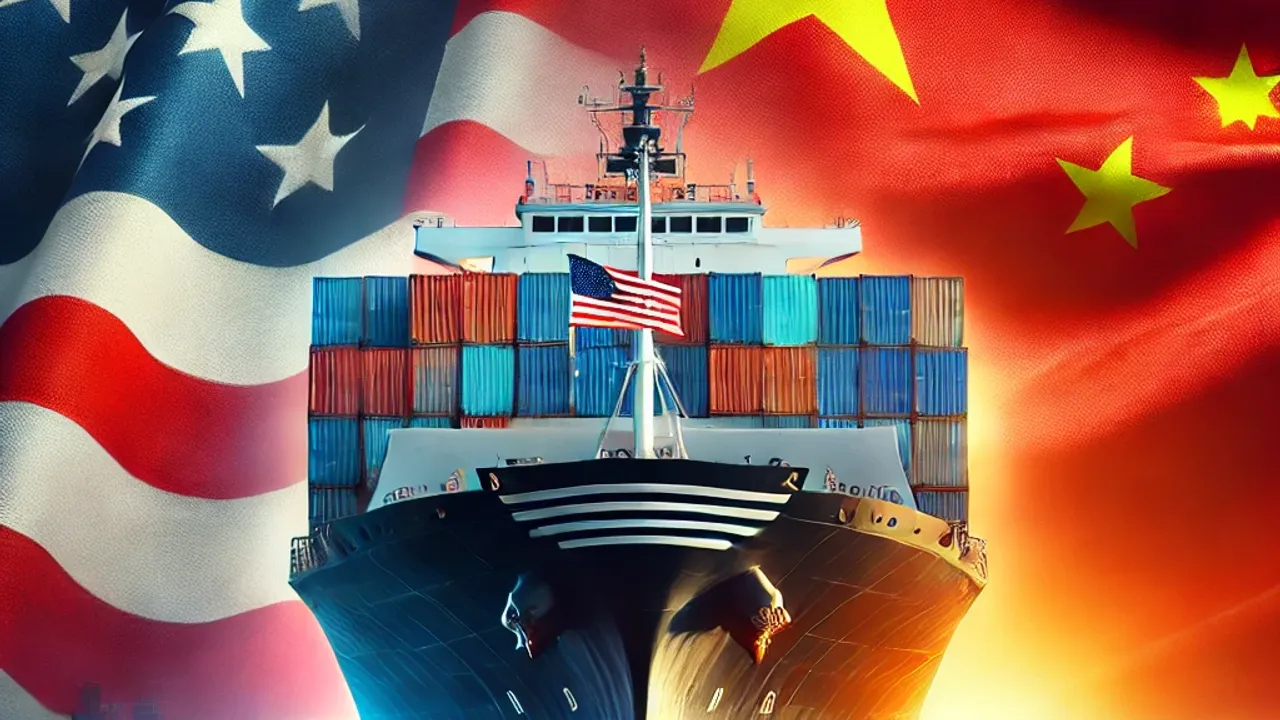According to a Reuters report by Lisa Baertlein, Karl Plume, and Timothy Gardner, Trump is preparing an executive order to impose fines of up to $1.5 million on ships built in China or vessels operated by fleets, including China-made ships. The plan, supported by the U.S. Trade Representative (USTR), aims to redirect trade towards U.S.-built and U.S.-flagged vessels.
However, major exporters and shipping companies have raised concerns that these fees could reduce access to vessels needed for moving goods such as coal, agricultural products, and energy commodities. Letters from industry leaders and comments submitted ahead of USTR hearings highlight potential economic risks.
In a letter to the U.S. Department of Commerce, Ernie Thrasher, CEO of Xcoal Energy & Resources, warned that the proposed fees could halt U.S. coal exports within 60 days, jeopardizing $130 billion worth of shipments. He noted that the additional costs—potentially increasing coal prices by 35%—could make American coal uncompetitive in global markets.
Coal inventories are already rising, leading some West Virginia mines to prepare for layoffs, according to Chris Hamilton, CEO of the West Virginia Coal Association. Meanwhile, the American Petroleum Institute cautioned that restrictions on foreign-built vessels could also disrupt oil, liquefied natural gas (LNG), and refined fuel exports.
The shipping association BIMCO pointed out that the U.S. currently has fewer than 200 U.S.-flagged cargo vessels, many of which are not U.S.-built. The absence of U.S.-built LNG carriers could severely impact LNG exports.
The agricultural sector is also affected, as farmers struggle to secure bulk shipping for crops such as corn, soybeans, and wheat. Uncertainty over transportation costs has already limited sales, with additional annual shipping expenses estimated at $372 million to $930 million, according to the American Farm Bureau Federation.
The North American Export Grain Association is set to address these concerns in the upcoming USTR hearings, as exporters warn that the proposed fees could undermine U.S. competitiveness in global markets.






